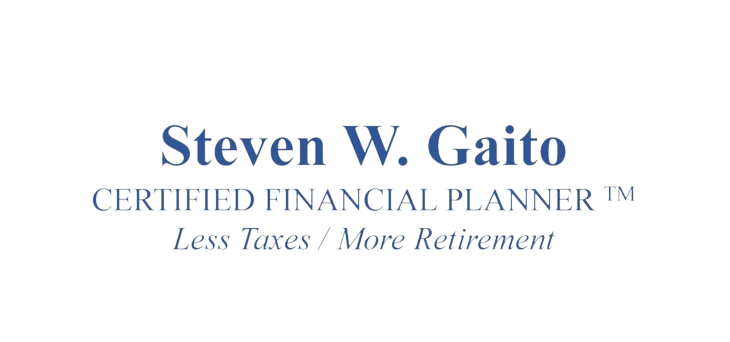One of the biggest concerns for many retirees is the fear of running out of money. After all, retirement can last for decades, and it can be difficult to predict how much money you will need during that time. However, there are steps you can take to help avoid running out of money in retirement. In this article, I will discuss some strategies to help ensure your retirement savings last as long as you need them.
1. Create a retirement budget!
The first step in avoiding running out of money in retirement is to create a budget. This will help you determine how much money you will need each month to cover your living expenses, healthcare costs, travel, and other discretionary expenses. It can be helpful to track your expenses for a few months before retiring to get a better idea of your spending habits. Once you have a budget in place, you can adjust your spending or retirement plan if necessary.
2. Maximize your Social Security benefits.
Social Security benefits can be a significant source of income in retirement. The benefit amount hinges on earnings history, start age for benefits, and 35 years of work history. To maximize your Social Security benefits, consider waiting until your full retirement age or even until age 70 to begin receiving benefits, as delaying can increase your benefit amount.
3. Consider working longer.
Working longer can be an effective way to delay retirement and increase your retirement savings. It can also allow you to continue contributing to your retirement accounts and delaying withdrawals. Even working part-time during retirement can provide additional income and help your savings last longer.
4. Manage your taxes!
Taxes play a significant role in retirement. With the growth of 401(k) and other similar tax-deferred plans, there is a looming tax problem for most people. Knowing when and how to take money out of these plans can be the difference in your money lasting your lifetime. It also can affect your kids and how much they receive.
5. Create a retirement income plan.
Creating a retirement income plan can help you determine how much money you can safely withdraw from your retirement accounts each year without running out of money. One common rule of thumb is the “4% rule,” which suggests that retirees can withdraw 4% of their retirement savings each year without depleting their savings over a 30-year retirement. However, this rule may not be appropriate for everyone, the sequence of returns of the investments may wreak havoc on even the best plans.
6. Consider an annuity.
An annuity is an insurance product that can provide a guaranteed stream of income in retirement. There are several types of annuities, including fixed, variable, and indexed annuities, each with its own benefits and drawbacks. An annuity can be a good choice for retirees who are concerned about running out of money and want a reliable source of income.
7. Review your retirement plan regularly.
Finally, it’s important to review your retirement plan regularly to ensure that it continues to meet your needs and goals. This includes reviewing your retirement budget, investment portfolio, retirement income plan, and other aspects of your retirement plan. Regular reviews can help you adjust as necessary and stay on track to achieve your retirement goals.
In conclusion, avoiding running out of money in retirement requires careful planning, ongoing management, and a long-term perspective. By creating a retirement budget, maximizing your Social Security benefits, tax management, creating a retirement income plan, considering an annuity, and reviewing your plan regularly, you can help ensure that your retirement savings last as long as you need them to. It’s important to develop a customized retirement plan that considers your individual circumstances and helps you achieve your retirement goals. If you would like to schedule a free initial consultation, please reach out to my office, and schedule a meeting.
